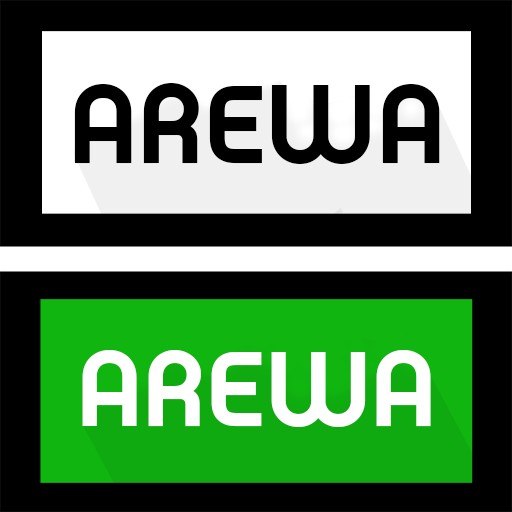It said that what NBS shows is not an accurate picture of how people spend their money.
In its most recent report, “Nigeria: 2022 Article IV Consultation-Press Release, Staff Report, and Statement by the Executive Director for Nigeria,” the IMF said that the NBS should use new weights from the 2018 National Household Livings Standards instead of the 2003/04 National Consumer Expenditure Survey.
It said that the NBS index could be skewed if it used weights that were out of date.
The IMF also said that work was going on to update the producer price index but that it wasn’t clear how it would be paid for. It also noted that the second African Regional Technical Assistance Centre in West Africa planned to help Nigeria improve and update the CPI.
The report said, “The official monthly consumer price index, CPI, a composite of urban and rural price data, is available on a timely basis. However, the index weights and baskets are based on expenditures derived from the 2003/04 National Consumer Expenditure Survey.
” The weights are severely outdated and are not representative of current expenditure patterns. Outdated weights can introduce a bias into the index.
“The update of the CPI—using new weights from the 2018 National Household Livings Standards Survey—is ongoing.
” The compilation of an updated producer price index is ongoing but funding for the survey is uncertain. AFW2 plans to provide additional technical assistance to support the CPI update and improvements to Nigeria’s price statistics.”
In its most recent “Consumer Price Index” for January 2023, the NBS said that the headline inflation rate in January 2023 was 21.82%, which was higher than the headline inflation rate in December 2022, which was 21.342%.
The inflation rate in January 2023 is 21.82 per cent, which is 6.22 percentage points higher than in January 2022, which was 15.60 per cent.
According to the NBS, the rise in inflation in January was caused by higher prices for bread and cereal, potatoes, yam and tubers, vegetables, meat, and rent.
